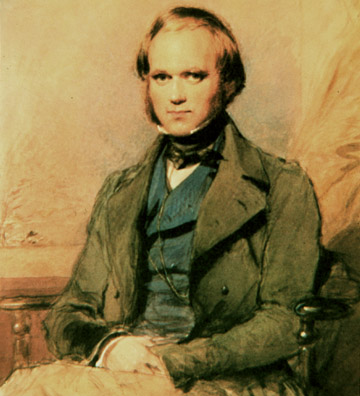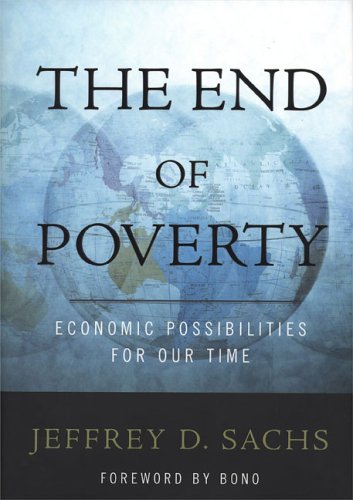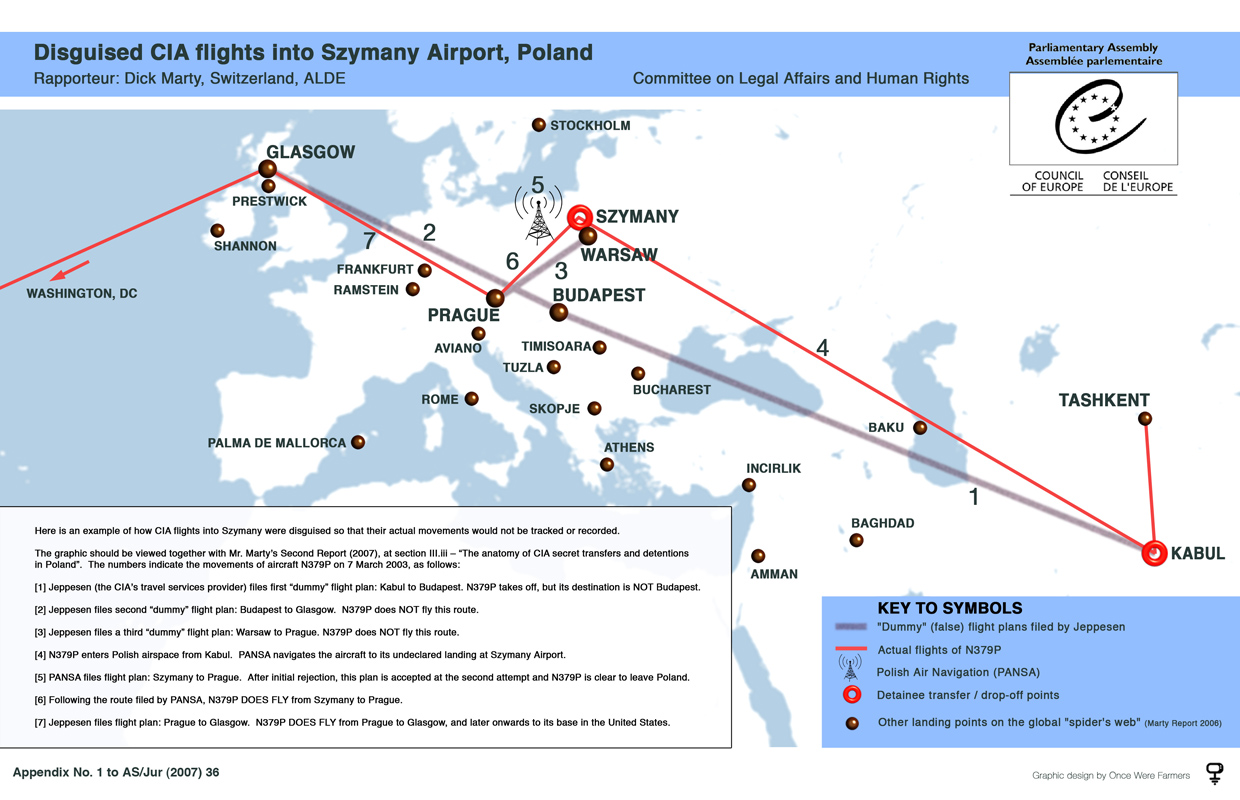
By Otto Spijkers
The Hague presents itself as the city of Peace, justice and Security. With the proliferation of international courts and tribunals in The Hague, it seems almost impossible to keep up with all the legal developments (or lack thereof: yesterday we celebrated the 12th anniversary of the indictment against Mladi? and Karad?i?, both still at large). Fortunately, there’s the Hague Justice Portal, which keeps us up to date on all the developments. One of these developments is the acquirement of a new criminal tribunal: the Hariri Tribunal. Continue reading

 The
The 
 In
In  The former Chief of Staff to Dick Cheney, I. Lewis "Scooter" Libby
The former Chief of Staff to Dick Cheney, I. Lewis "Scooter" Libby  Following in the footsteps of
Following in the footsteps of 
 This is the kind of story that will probably appear all over the blogosphere. Mr Justice Peter Openshaw, a UK judge overseeing the trial of three alleged Muslim "cyber-terrorists",
This is the kind of story that will probably appear all over the blogosphere. Mr Justice Peter Openshaw, a UK judge overseeing the trial of three alleged Muslim "cyber-terrorists",